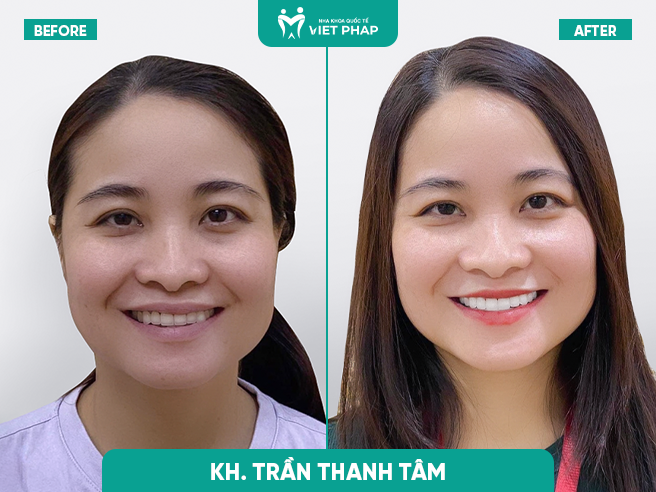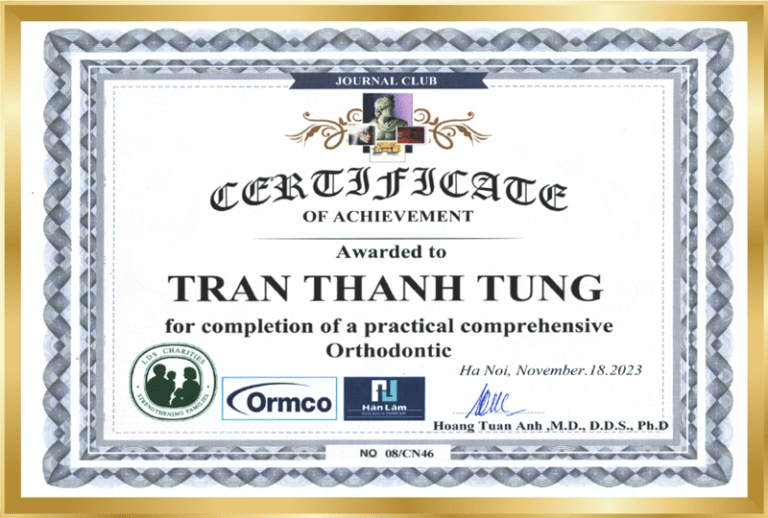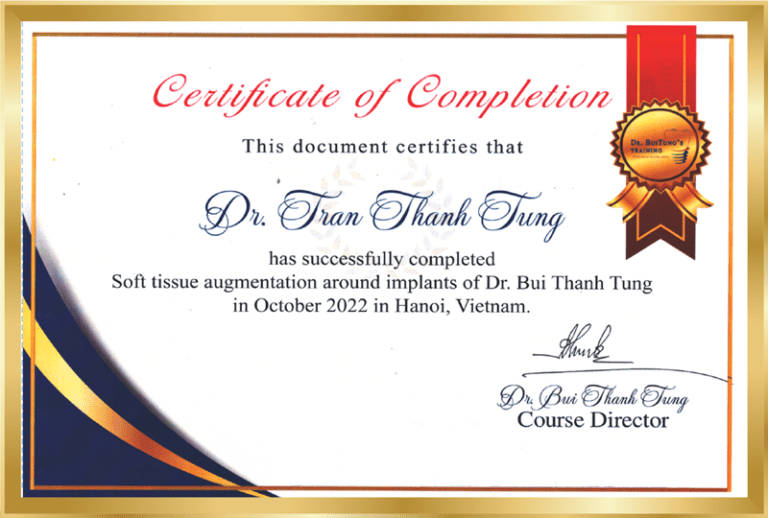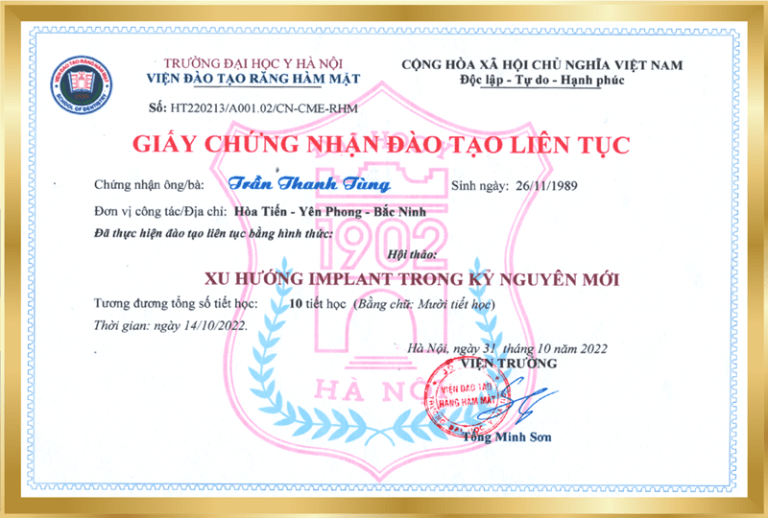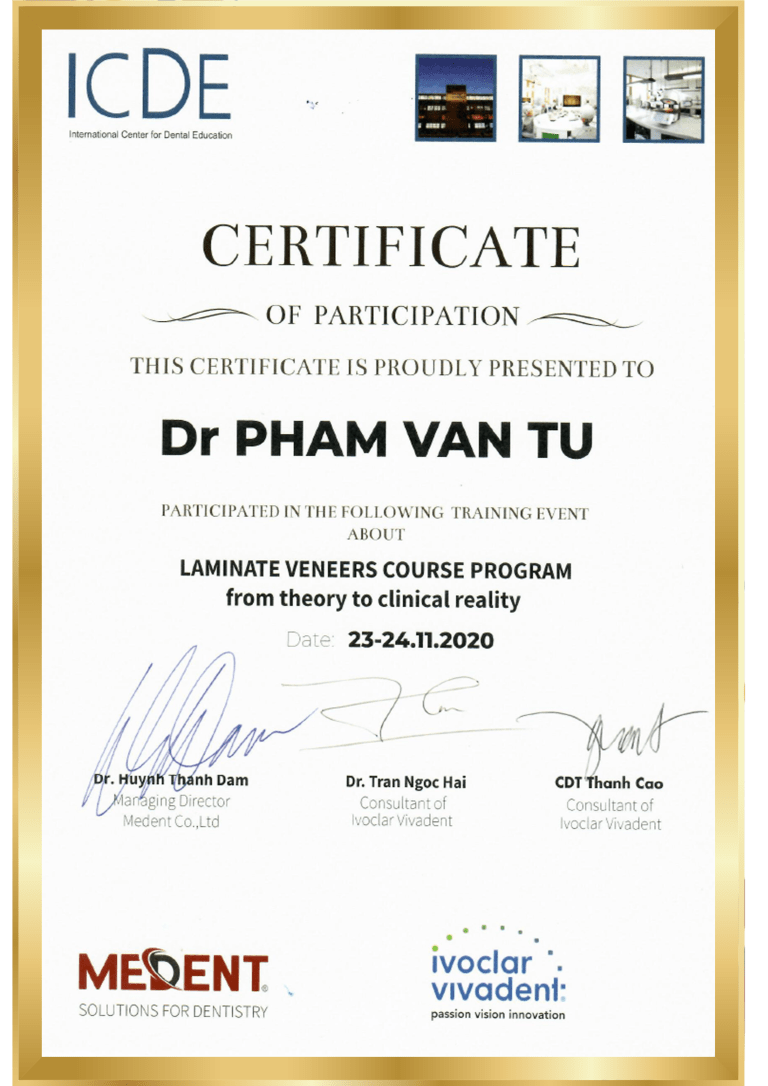Customers with Dental Crown
24/7 customer support
90% OF PEOPLE CHOOSE DENTAL CROWNS
Aesthetic crowns not only bring bright, white, naturally beautiful teeth but also help you overcome diastema, chipped and dull teeth.


Diastema

Yellow and dull teeth

Decayed, chipped, broken teeth

Overbites and underbites
Reasons Why Dental Crowns Are Popular
 High aesthetics
High aesthetics
Dental crowns are made of 100% porcelain. The color and the clarity are similar to your real teeth, helping to conceal defects, and making teeth even, shiny, and naturally beautiful.
 Protecting your real teeth
Protecting your real teeth
For people with tooth decay, pulpitis, or cracked teeth, dental crowns will help protect real teeth better.
 Improving speech
Improving speech
Dental crowns will help restore missing teeth, thereby improving speech and enhancing speech clarity.
 Chewing well
Chewing well
In case of chipped, misaligned, or decayed teeth, etc., dental crowns help restore and improve chewing function, thereby improving quality of life.
 No discoloration
No discoloration
You don’t need to worry about dental crowns becoming stained because the crowns’ durability is up to 10 years. If you take good care of your teeth, they can last a lifetime.
 Preventing jaw bone loss
Preventing jaw bone loss
Dental implants help improve jaw bone loss caused by tooth loss.
4 brands of high-quality dental crowns

E-MAX CROWNS
Emax crowns were developed by Ivoclar Vivadent in Germany, with a superior advantage that the inner frame has the latest glass-ceramic fibers and the outside has 5 layers of Lithium Disilicate porcelain
Advantages: Dentin-like color and good radiolucency make them difficult to distinguish between real teeth and emax crowns. They are safe and long-lasting and do not irritate gums.
Disadvantages: Low hardness is not suitable for making dental bridges that take a long time. They have a high cost.
Cost: It starts at VND 6,000,000 each

NACERA CROWNS
Nacera, which is a dental crown brand, is made of 100% pure porcelain, with a zirconium oxide frame and an Nacera Classic Liquids outer layer.
Advantages: They are highly aesthetic with 16-color tones. Customers can choose the dental crown color that suits their skin tone. The ability to withstand force is 4 times higher than real teeth, ensuring the ability to eat, chew, and bite comfortably. They are long-lasting, up to 20 years or more.
Disadvantages: They are not yet popular in Vietnam, so the number of dental clinics using this brand is not much. However, there are no worries because Viet Phap Dental Clinic is one of the few reputable dental clinics in Vietnam providing Nacera dental crowns
Cost: It starts at VND 8,000,000 each.

CERCON CROWNS
Cercon crowns were produced in Germany, with the Zirconia inner frame and the Cercon HT outside.
Advantages: The compatibility with gum tissue is high and has no irritation – abrasion – blackening of gums. Tooth tissue fits tightly with gum. There is no need to grind teeth. Cercon crowns minimize bad breath and have a usage time of up to more than 12 years.
Disadvantages: In case of tooth discoloration or staining, the gray-black color of the teeth cannot be completely covered, so you should consider this solution. The cost is high.
Cost: It starts from VND 4,000,000 to VND 7,000,000 each

ZIRCONIA CROWNS
Zirconia crowns are metal-free and made of Zirconia porcelain. The ivory-white color is similar to real teeth, does not oxidize, and has a black gum line when being used for a long time.
Advantages: They are 6 times more durable than real teeth, highly aesthetic, and highly antibacterial. There are no allergies or irritations. The lifespan is about 20 to 25 years with proper care.
Disadvantages: The cost is high. Crowns can turn yellow without proper care and the color cannot be adjusted after being attached to real teeth.
Cost: It starts from VND 3,500,000 to VND 6,500,000 each.
Dental crown procedure

Step 1:
Doing an oral consultation

Step 2:
Cleaning and taking impressions of the teeth

Step 3:
Removing the natural enamel and taking the dental impressions

Step 4:
Bonding a temporary crown

Step 5:
Bonding the new crown permanently
OUR SPECIALISTS
COMMITMENTS OF VIET PHAP INTERNATIONAL DENTAL CLINIC

 PROCEDURES MEET THE INTERNATIONAL STANDARDS
PROCEDURES MEET THE INTERNATIONAL STANDARDS
At Viet Phap International Dental Clinic, all procedures are according to international standards, from consultation to treatment regimen.
 100% AUTHENTIC DENTAL MATERIALS
100% AUTHENTIC DENTAL MATERIALS
Viet Phap International Dental Clinic commits that 100% of the dental materials used are from Korea, Switzerland, America, France, Germany…
 100% IMPORTED MODERN EQUIPMENT
100% IMPORTED MODERN EQUIPMENT
The entire system of modern machinery and equipment is imported from Europe by Viet Phap International Dental Clinic.
 LONG-TERM WARRANTY POLICY
LONG-TERM WARRANTY POLICY
The warranty period is up to 20 years. Viet Phap International Dental Clinic supports lifelong customer care.
COST OF A DENTAL CROWN
A dental crown will cost from VND 2,500,000 VND – VND 14,000,000 per crown depending on the tooth condition, porcelain material, technology and equipment in the clinic, and the doctor’s expertise.

1. What is a dental crown?
A dental crown is a tooth-shaped cap that restores a decayed, broken, weak, or worn-down tooth to recreate the size, shape, and color of real teeth. The crown can be made entirely from porcelain or made from porcelain combined with metal.

2. Cases that require dental crown placement
Besides the benefits of porcelain crowns, they are not recommended in all cases. Examination and consultation are required to achieve the best results.
2.1. Cases that dental crowns should be used
Dental crowns should be placed in some cases below:
- Cavities: In the early stage of tooth decay, dental fillings can be used. However, customers must have dental crowns to prevent further decay in cases of severe tooth decay and root canal treatment.
- Damaged teeth or root canal treatment: Teeth with root canal treatment will be extremely brittle, weak and easily broken. Dental crowns prevent painful inflammation and damage and minimize the risk of permanent tooth loss.
- Tooth discoloration: People with unevenly colored teeth can choose dental crowns because the aesthetic of this solution is excellent and the lifespan of crowns is also very long.
- Overbite and underbite: Overbites or underbites are caused by the teeth and not by the jaw. Placing dental crowns is a method that many dentists recommend instead of braces. It’s both avoiding pain for the patient and helping to have even, beautiful teeth.
- Diastema: Dental crowns will help narrow the gap between teeth, without affecting eating and avoiding food getting stuck between teeth that causes cavities and inflammation.
- Yellow teeth and other discoloration: People with severely yellow teeth cannot be helped by teeth whitening. Dental crowns will help them have even, bright white teeth, and also protect teeth from external influences.

2.2. Cases should use dental crowns
Dental crowns are not for all cases. Here are some typical cases that you should not get dental crowns:
- Severe malocclusion due to jaw bone structure: This case is also known as overbite or underbite due to jaw bone structure. The doctor must treat the patient with braces or other orthodontics to make corrections to bring the jaw bone back to the correct position. Dental crowns are ineffective in this case.
- Sensitive teeth: Before a crown is placed, the remaining tooth must be ground down to accommodate it. If your teeth are sensitive or weak, it can affect both the tooth structure and the chewing ability.
- Loose teeth: To get dental crowns, you must have strong teeth roots because grinding can make the teeth weaker. Crowns cannot achieve the desired effect.
- Tooth decay, periodontitis, severe infection: In this case, the customer cannot grind the tooth as usual. It is mandatory to get treatment such as extraction, and implantation of dentures.
- Broken Tooth Root Still In Gum: To have a beautiful dental crown, the most important thing is to have a strong root, and at the same time have a certain part of the tooth stump. Therefore, in this case, the dental crown does not help and even reduces the chewing ability.
- Underlying medical conditions: Dental crowns include some procedures such as tooth grinding, anesthesia, anesthesia, etc. Therefore, if the customer has some underlying medical conditions such as cardiovascular disease, hemophilia, epilepsy, or allergies to anesthetic ingredients, etc., they will not be able to use this solution because it can seriously affect health and lif

3. 4 Types of dental crowns
There are 4 types of dental crowns, such as crowns, bridges, dental veneers và Implants. Each method will have its differences and be applied to each specific case as follows:
| Criteria | Dental Crown | Dental Bridge | Dental Veneers | Dental Implants |
| Indications | A tooth is slightly chipped or decayed and still has the root | A tooth is lost and can not be restored |
| The tooth root is lost |
| Solutions | Before a crown is placed, the remaining tooth must be ground down to accommodate it. | A bridge is made up of three crowns for the teeth on the two sides of the gap and a false tooth in between. The neighboring teeth must be slightly ground down. | Dentists permanently bond the veneers to the outer surface of the tooth using a specialized adhesive. | An Implant is used to replace the lost tooth roots and then attach crowns. |
| Pros |
|
|
|
|
| Cons | Teeth must be ground down, which can affect tooth enamel and tooth structure |
|
|
|
4. Dental Crowns Procedure
The dental crown procedure is performed according to the following steps:
Step 1: Oral consultation and treatment
Not all patients can have teeth crowned. To perform this method, a dentist’s diagnosis is required. Dentists will ask you to take X-rays and check the condition of your teeth to see if there are any cavities, pulpitis, or gingivitis
The purpose of this step is to determine the condition of your teeth, consider whether you are eligible for dental crowns or not, and give advice on the appropriate type of tooth.
Step 2: Cleaning and taking impressions of the teeth
Before getting a dental impression, the dentist thoroughly cleans your teeth, ensures that no debris or plaque, and treats gingivitis (if any).
Once qualified, your doctor will take temporary impressions of your teeth to serve in the future process of making porcelain teeth.
Step 3: Removing the natural enamel and taking the dental impressions
- Inject anesthesia, this step should be eliminated if the tooth that needs to be covered has had a root canal.
- Remove a small amount of enamel to serve as a pillar.
- Take an impression of the enamel.
- Let the patient choose the desired tooth color and shape, then send the data to the lab to make your new crown.
- Attach temporary teeth to ensure aesthetics and at the same time protect the enamel. This temporary tooth part is made from hard plastic.
Step 4: Trying the new crown and temporarily attach it
When the lab finishes your new crown, the patient comes to the clinic to continue the dental crown procedure with the following steps:
- Check the shape, color, and fit of the new crown if it meets the patient’s requirements, and adjust the teeth appropriately to perform jaw movements such as chewing and biting.
- Observe the chewing and biting movements of the patient at the clinic with their crown, and record the crown detail and the patient feedback.
When the patient feels uncomfortable chewing or biting, please immediately report it to the clinic for adjustment.
Step 5: Bonding the new crown permanently
When the patient feels comfortable and satisfied, the dentist does the final step, attaching the crown permanently.
In addition, the doctor will instruct the patient on how to take care of, preserve, and clean their teeth, then schedule regular check-ups, on average every 6 months.
5. Detailed price list for dental crowns
Depending on the tooth material, a dental crown will cost from VND 2,500,000 – VND 14,000,000 per tooth. The price list in the table below is for your reference.
| Type | Cost (VND, for each) |
| Reattaching a dental crown | 500.000 |
| Making a metal cast | 1.500.000 |
| Making a ceramic cast | 3.000.000 |
| A titanium ceramic dental crown | 2.500.000 |
| A Venus ceramic dental crown | 4.000.000 |
| A Katana ceramic dental crown | 4.500.000 |
| A Cercon ceramic dental crown | 6.000.000 |
| A Cercon HT ceramic dental crown | 7.000.000 |
| A Ceramill dental crown | 8.000.000 |
| A Nacera dental crown | 8.000.000 |
| An E-max dental crown | 8.000.000 |
| An E-max veneer | 9.000.000 |
| An E-max Press veneer | 12.000.000 |
| An Ultrathin veneer | 12.000.000 |
| An Veneer Lisi | 14.000.000 |
| An Lava Plus | 10.000.000 |
| An Lava Esthetic | 12.000.000 |
| An Nacera Q3 | 12.000.000 |
In addition, the price of a dental crown also depends on many factors such as:
- The specific dental condition of each customer: The more severe the damage to the tooth, the more problems or requirements to be treated and improved before getting a crown, so the higher the cost that the customer has to pay.
- Types of dental crowns: There are currently many types on the market. Many designs, models, and qualities are suitable for each customer segment. The better the quality of porcelain teeth, the higher the price is.
- Technology and equipment in the clinic: It is also one of the factors affecting the cost of dental crowns. The more complex the customer’s requirements, which require high technology and modern equipment, the higher the cost will be.
- Dentist’s expertise: The more qualified and skilled the doctor is, the higher the cost that the customer has to pay. It is shown when customers request a specific doctor to examine and perform the surgeries for them.
6. Risks of cheap dental crowns
During consulting with customers, beside to the advantages and benefits that this method brings, we also point out some possible risks for customers to consider carefully before making a decision.
Prolonged pain
To place a dental crown, dentists are required to grind out your tooth. If they are not careful and grind it too much, it can create conditions for bacteria to grow, causing pulpitis and prolonged pain.
The grinding step can also make teeth more sensitive, especially when eating very hot or very cold foods.
Bad breath
If crowns are placed at less reputable clinics, the molds are not the correct size, leading to unsuitable, warping crowns, and gaps inside. During eating and drinking, food gets stuck and cannot be cleaned properly, this creates conditions for bacteria to grow, causing bad breath.
Gingivitis and gum recession
The main function of a dental crown is to protect real teeth and jaws. If you use poor-quality and unknown-origin dental crowns, it can lead to incompatibility with the gums, inflammation, redness, and pain over time. If you have poor oral hygiene and an incomplete treatment plan, it will lead to gingivitis and gum recession.
Misaligned jaw structure
If the procedure of placing dental crowns is not performed by a skilled dentist, there is a potential risk of warped and unfit crowns. If they are placed for a long time, they can cause misaligned bites, seriously affecting chews and bites.
Broken, cracked dental crowns
Each type of dental crown has a certain lifespan, so if you cover your teeth with poor-quality crowns for a long time, it can cause discoloration, and can even crack or break when chewing or biting. This affects the real teeth inside.

7. Things to Note When Getting Dental Crowns
The risks of dental crowns are real. They do not happen to everyone. You can completely overcome this if you pay attention to the following factors.
Choose the right orthotic solution
Customers should not have dental crowns in every case. You can also consider the dental veneer method. This method does not require deep grinding and only does light grinding, so it does not affect real teeth much.
You should ask questions so that the dentist can give you advice based on the actual condition of your teeth, and then find the appropriate method.
Choose the type of dental crowns
Choose the type of teeth that suits your income and your teeth condition. There are currently 3 popular dental crown types: all-ceramic crowns, metal-ceramic crowns and titanium-ceramic crowns.
Many experts advise choosing all-ceramic crowns. The cost is higher than others, but the natural color is similar to real teeth, and also minimizes irritation, especially for people with high sensitivity at the same time.
Choose the right clinic to place dental crowns
You should choose a dental clinic with certifications, a good reputation, and highly skilled experts. Besides the equipment, the results depend largely on the doctor’s skills. Therefore, the higher the expertise, the more accurate and effective the dental crown is.
Proper care of dental crowns
After placing crowns, many people pay less attention to dental care. It is a mistake. If you take care of your teeth, you can avoid most of the risks of the crown process and increase the longevity of the tooth.
Here are some tips for taking care of dental crowns properly.
- After having your dental crowns, you should eat soft and easy-to-chew foods and chew in both jaws to minimize misaligned bites.
- Do not use your teeth to open beer bottle caps, tear off packaging, etc.
- Limit the use of foods and substances that affect tooth enamel and health such as beer, alcohol, carbonated water, coffee, cigarettes, etc.
- Use a soft-bristled toothbrush, dental floss and mouthwash after eating to minimize the growth of bacteria.
- Have a checkup every 6 months, even if there are no unusual problems with your teeth.






